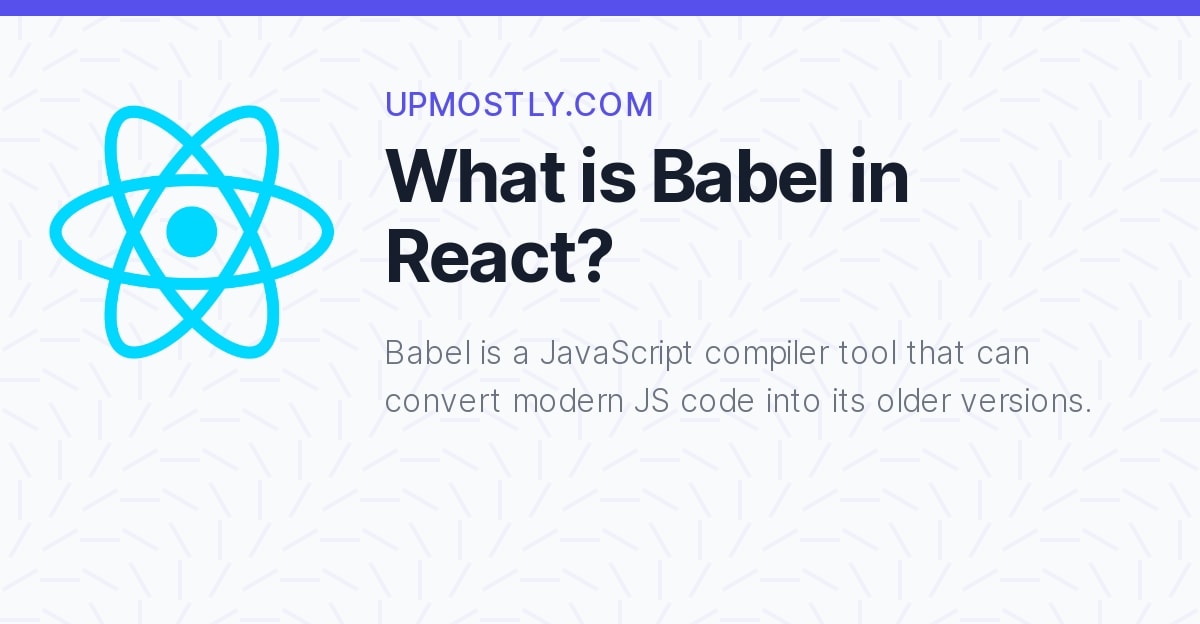Understanding Babel: Converting React Code for Backend JavaScript
 Aniket Dhaygude
Aniket Dhaygude
Introduction
Brief introduction to Babel and its role in modern JavaScript development.
Mention its importance in converting React code for backend usage.
What is Babel?
Explain Babel's purpose: translating modern JavaScript into backwards-compatible versions.
Mention its use of plugins and presets to support various syntaxes and environments.
Why Use Babel for React on the Backend?
Discuss the compatibility issues between frontend and backend JavaScript environments.
Explain how Babel helps in writing React code (JSX, ES6/ES7) that can execute on the backend (Node.js).
Setting Up Babel for Backend React
Step-by-step guide on installing Babel and necessary presets/plugins.
Configuration tips for targeting Node.js environment.
Converting React Components for Backend
Practical examples of React components written in JSX and ES6/ES7.
Demonstrate how Babel transforms these into backend-compatible JavaScript.
Handling Dependencies and NPM Scripts
Managing dependencies and ensuring compatibility across environments.
Example of NPM scripts for compiling React code using Babel.
Conclusion
Recap the benefits of using Babel for backend React development.
Encourage further exploration into Babel's capabilities and community support.
Additional Resources
- Links to official Babel documentation, GitHub repository, and community forums for further learning.
This structure should help you create a comprehensive and informative blog post about using Babel to convert React code for backend JavaScript environments.
Subscribe to my newsletter
Read articles from Aniket Dhaygude directly inside your inbox. Subscribe to the newsletter, and don't miss out.
Written by

Aniket Dhaygude
Aniket Dhaygude
👨💻 Freelance Developer | UI/UX Enthusiast | Tech Blogger Transforming ideas into engaging digital experiences. I specialize in front-end development, UI/UX design, and creating dynamic web apps. Let's build something amazing together! 🚀